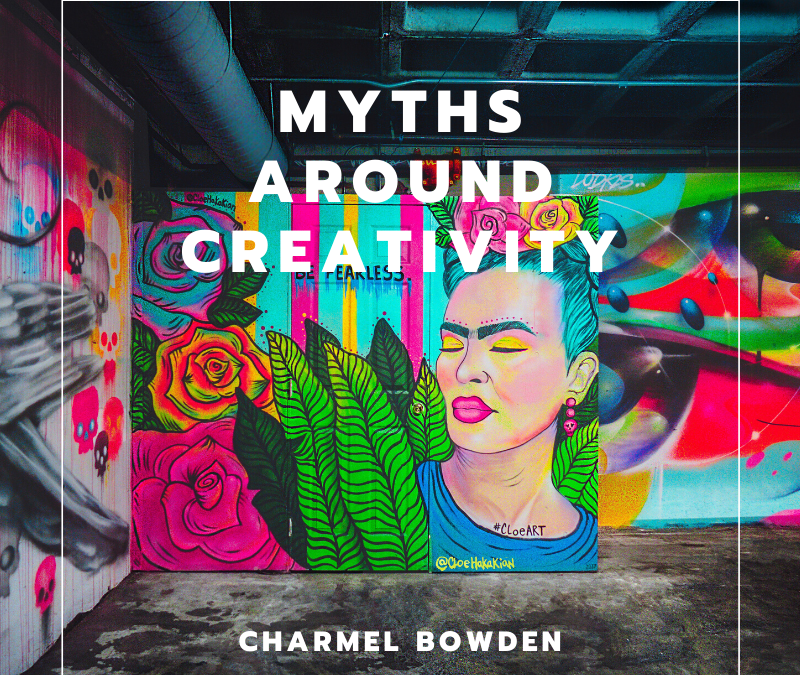What does it really mean to be creative? You’d be surprised how many misconceptions surround creativity.
Keep in mind, this is mostly subjective. The creative process is different for everyone because we, as people, are different. These are based on assumptions people may hold about the creative industry.
First myth: a tight deadline feeds creativity.
On the contrary, a tight deadline fuels panic. While an approaching deadline may be a great kick in the pants, the stress is more likely to work against you.
This one varies from person to person. A deadline can ward off distractions and encourage focus. Or, it can bring on a sense of doom as you feel overwhelmed by everything you’re trying to accomplish.
Second myth: some people just aren’t creative.
This myth is perpetuated a lot among STEM fields. There’s a consensus that creativity is only for communications or arts-related fields. For example: being an accountant requires no creativity whatsoever, only a love of mathematics and a lot of patience.
However, a creative accountant could do great things, like invent a new filing system, speed up a tedious process, or even revolutionize the industry with creative problem-solving.
Third myth: money drives creativity.
Unfortunately, this is untrue. Being creative is reckless and risky. It depends on outside-the-box thinking. Doing it solely for the monetary reward narrows your views, sucks the life out of it, and leaves you feeling unfulfilled.
Don’t misunderstand: getting paid for creative endeavors is ideal. But creativity shines best when done for creativity’s sake. Prioritizing money strips away the difference between a creative job, and any other menial task.
Think of it this way: suppose you’re getting a substantial bonus for your creative work. That’s exciting, right? Well, the more you think about it, the less brainpower you devote to the actual creative process.
Fourth myth: creativity is effortless.
Some people are blindsided by the amount of work that goes into creating. Brainstorming is the easy part. Bringing these thoughts into the physical world can take substantial effort, time, and failed experiments, not to mention any revisions or peer review.
Refining a creative talent or mindset takes time, often years. It’s hard work to be creative.

